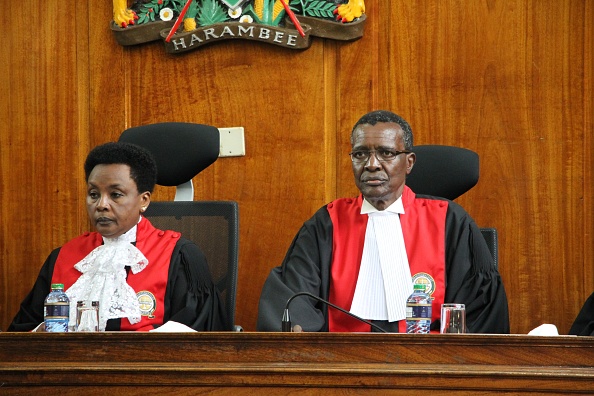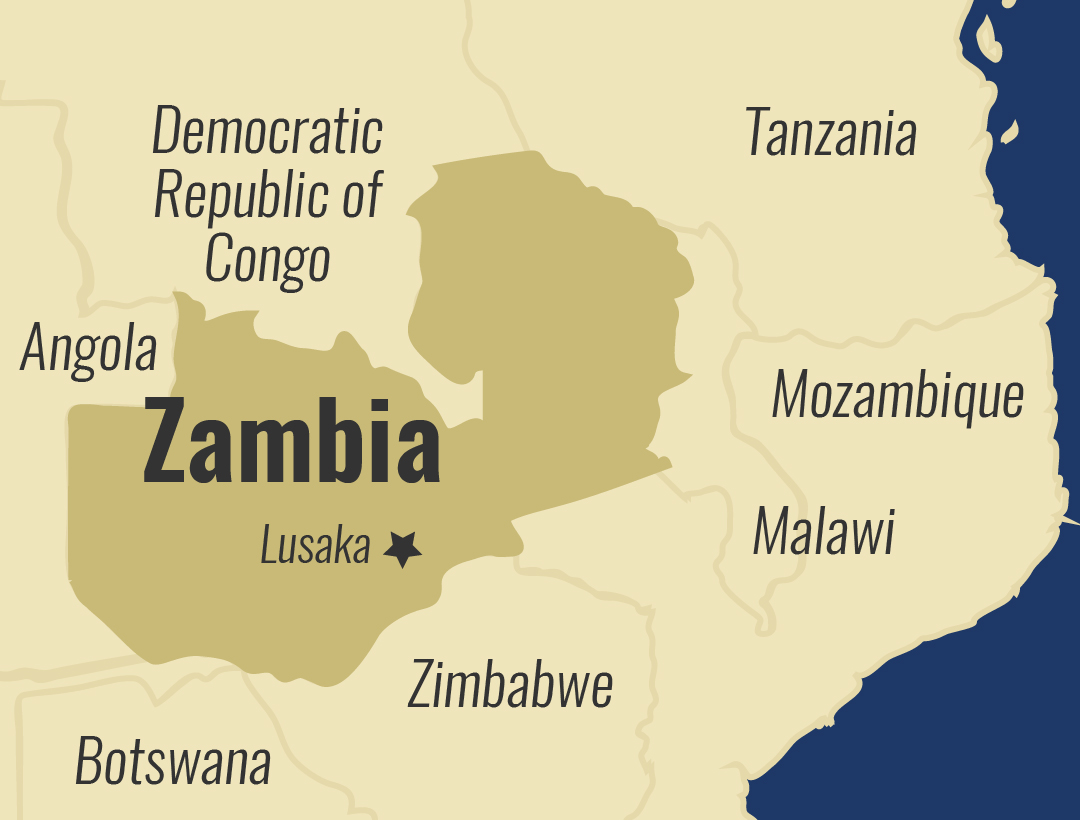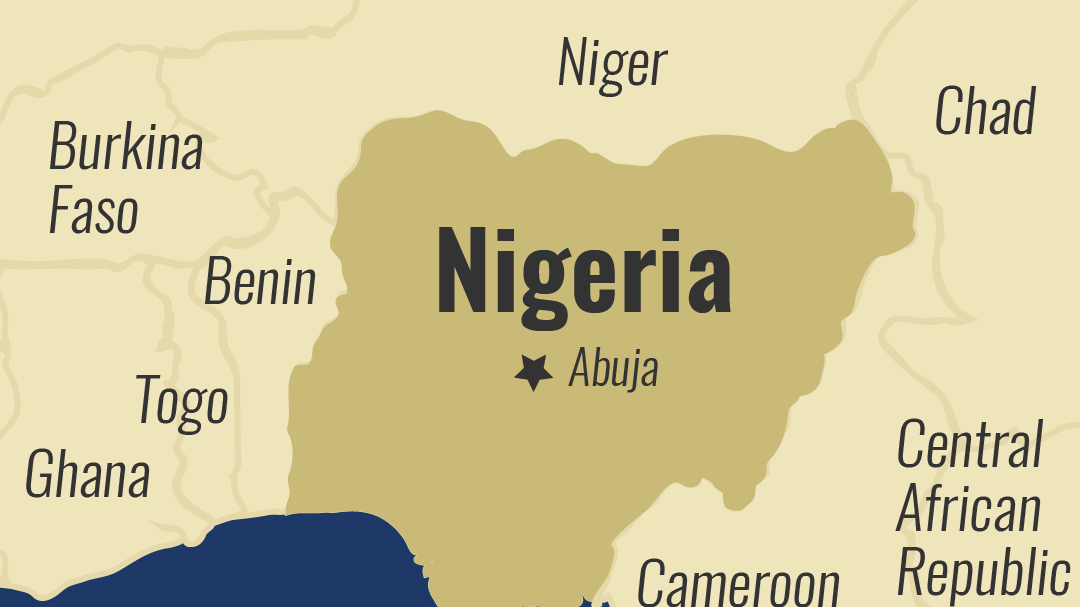
Kenya’s chief justice advises president to dissolve parliament over failure to achieve gender parity

Kenya’s top judge advised President Uhuru Kenyatta on Monday to dissolve the country’s male-dominated parliament, saying lawmakers had failed to meet a constitutional provision that would allow for one-third of seats to be occupied by women.
In an advisory sent to Kenyatta, Chief Justice David Maraga said the failure to enact the legislation was a clear testimony of lawmakers’ “lackadaisical attitude and conduct” in relation to the two-thirds gender rule.
“There is no doubt that the dissolution of parliament will cause inconvenience and even economic hardship. The fact that Kenya is in the midst of the coronavirus pandemic only exacerbates the potential impact of the decision,” wrote Maraga.
“Yet that is the clear result Kenyans desired for parliament’s failure to enact legislation they deemed necessary. We must forget that more often than not, there is no gain without pain.”
According to different political analysts, the advisory does not compel the president to act, but women’s rights groups who have long campaigned for the legislation said the move was a significant step in the fight for fairer gender representation in politics.
“We imagined it, we worked for it we made it possible,” tweeted Marilyn Kamaru from the #Weare52pc movement, a collective of activists and women’s’ groups which had petitioned to have parliament dissolved three years ago.
“Whether the president dissolves parliament or illegally retains it in violation of the Constitution. It is important to remember this moment was made possible by the work of women activists, feminists & the queer community.”
Women make up only a third of the 2.5 million people employed in the formal sector, according to the Kenya National Bureau of Statistics. And while women provide 80% of Kenya’s farm labor, they own only 1% of agricultural land.
The percentage of women in Kenya’s parliament is lower than east African neighbors such as Ethiopia, South Sudan, Burundi, and Rwanda, according to Inter-Parliamentary Union.






